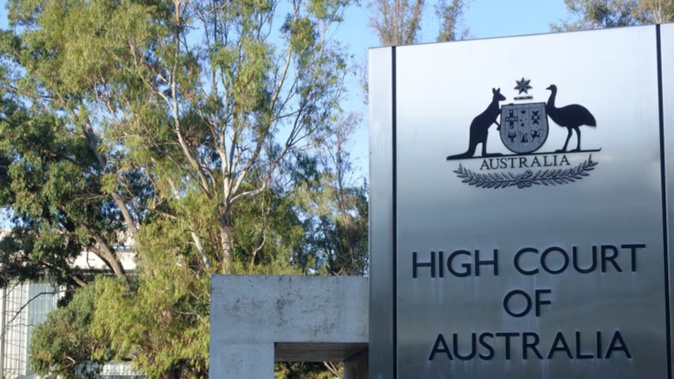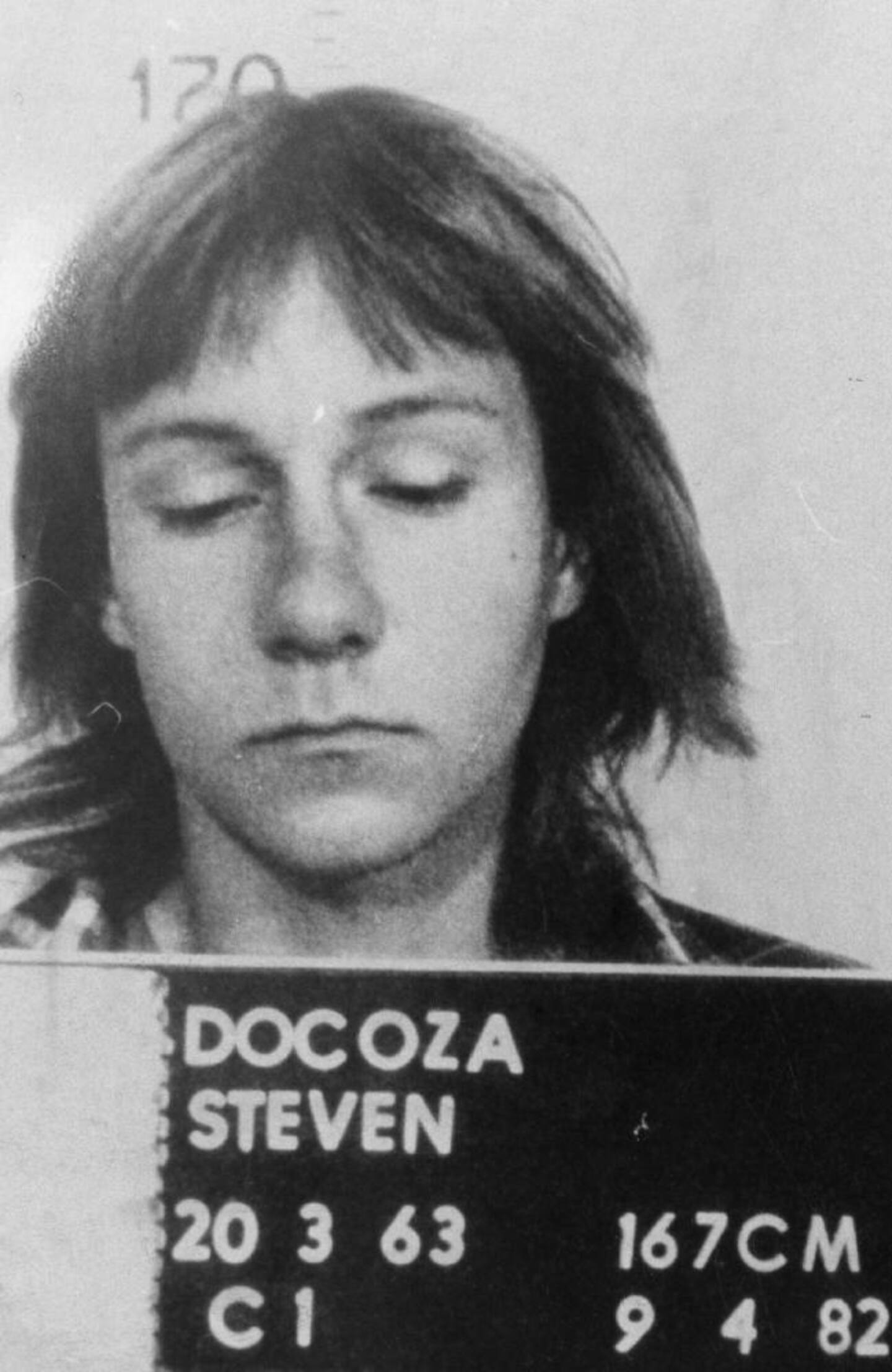
One of Australia’s longest-serving prisoners could be about to walk out of jail after 40 years behind bars for a crime he says he did not commit.
Derek Bromley could walk free if a parole board rules in his favour.
A South Australian parole board will today determine whether Bromley, who was found guilty of murdering Adelaide man Stephen Docoza in 1984, should be released into the community.

Stephen Docoza, 21, was found dead floating in the River Torrens, east of the Morphett Street Bridge in South Australia, in 1984.
Bromley, Australia’s longest-serving Indigenous prisoner, has unsuccessfully appealed his conviction on multiple occasions.
His most recent attempt was dismissed in December, despite two out of five High Court justices finding “a substantial miscarriage of justice” against Bromley after the trial judge gave inadequate directions to the jury.
They argued the 62-year-old should be acquitted without a retrial, given the loss of original evidence and the length of time he had spent in prison.
“There is, at least, a significant possibility that an innocent person has been convicted,” Justices James Edelman and Harry Steward said.
Bromley has been in custody since 1984, having been denied parole because he has maintained his innocence throughout.
His lawyer, Karen Stanley, said he was a prime candidate for parole as he had spent the last 10 years of his sentence working in the community as a firefighter.
“His job is to protect the community,” she told AAP.
“The overarching consideration for the parole board is the protection of the community. Not only is the community not at risk if he is released on parole, but the community protection is enhanced.”
As he was handed a sentence of life imprisonment, he will remain under the watchful eyes of the parole board, if released.
“The parole board has a really wide scope in the parole conditions they can impose,” Stanley said.
“I’m not sure what conditions do need to be imposed for Derek. He has been a valuable contributor to the community for over a decade now.”
Bromley is being housed at the Adelaide Pre-release Centre, a low-security prison that provides inmates with access to programmes aimed at supporting their gradual release back into the community.
“There is a lot in the way of community supports,” Stanley said.
He has also taken part in a prisoner care programme run by the Aboriginal Legal Rights Movement, which helps to reduce re-offending behaviours and provides consistent support to transition back into the community safely.
“This is over and above what’s provided to non-Indigenous prisoners,” Stanley said.
“The crux of it for me is ... Derek has had years and years of already being out in the community.
“He has shown himself to be not a risk in the community. Most prisoners don’t really get that opportunity - the parole board has to take a bit of a leap of faith.
“Whereas with Derek, there is an established history there.”
Take your Radio, Podcasts and Music with you









